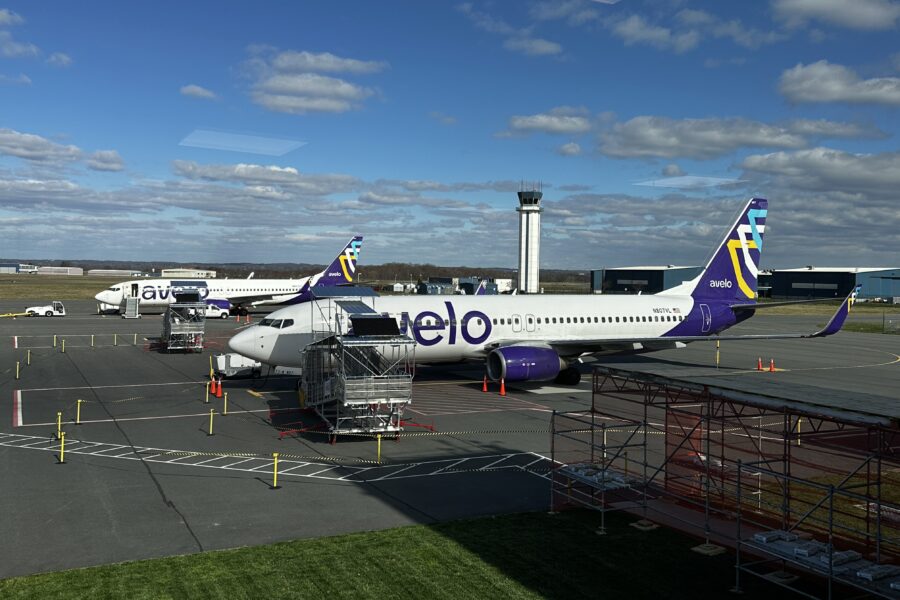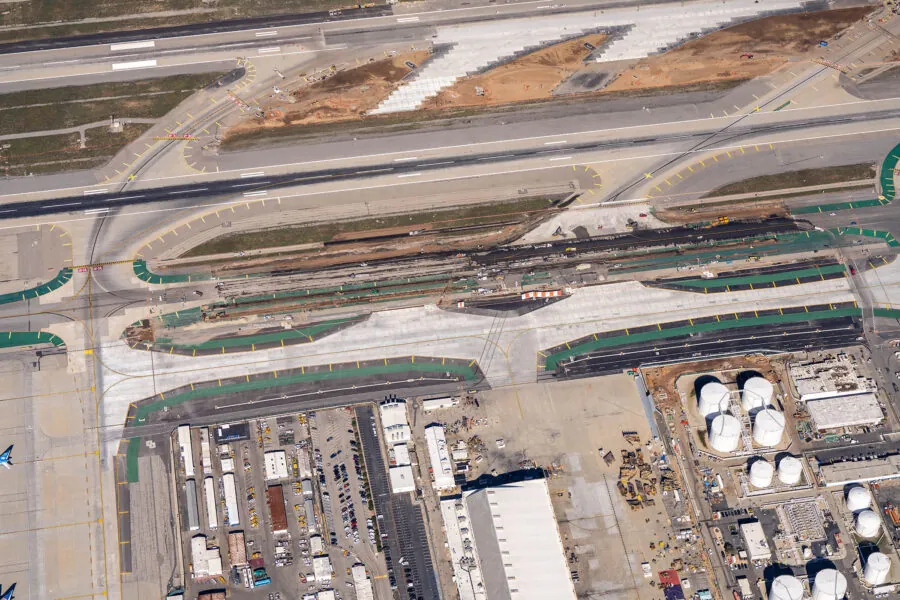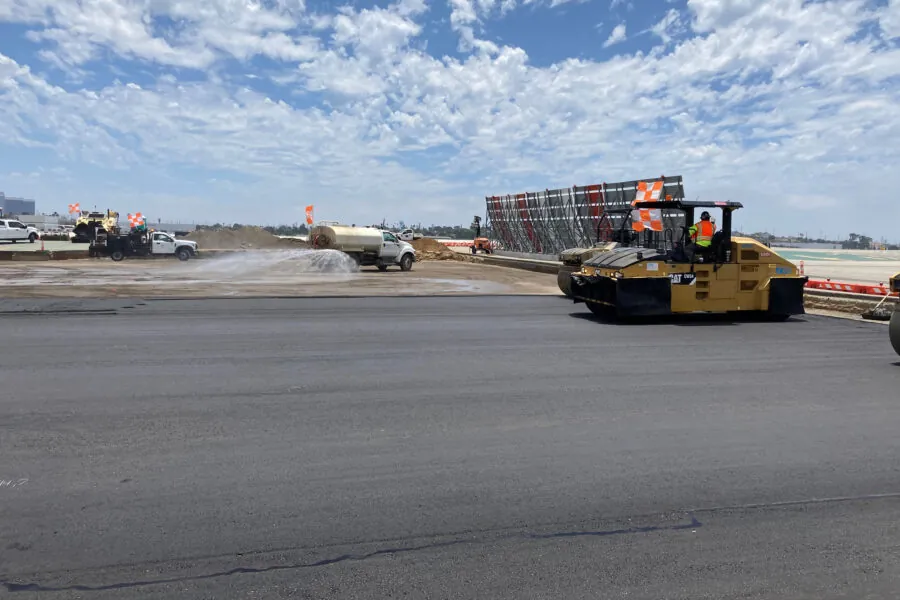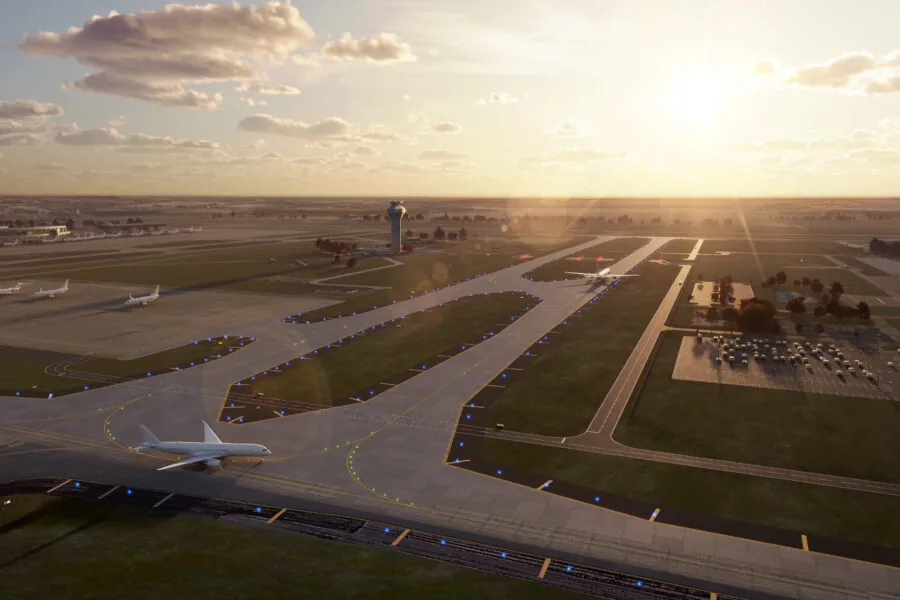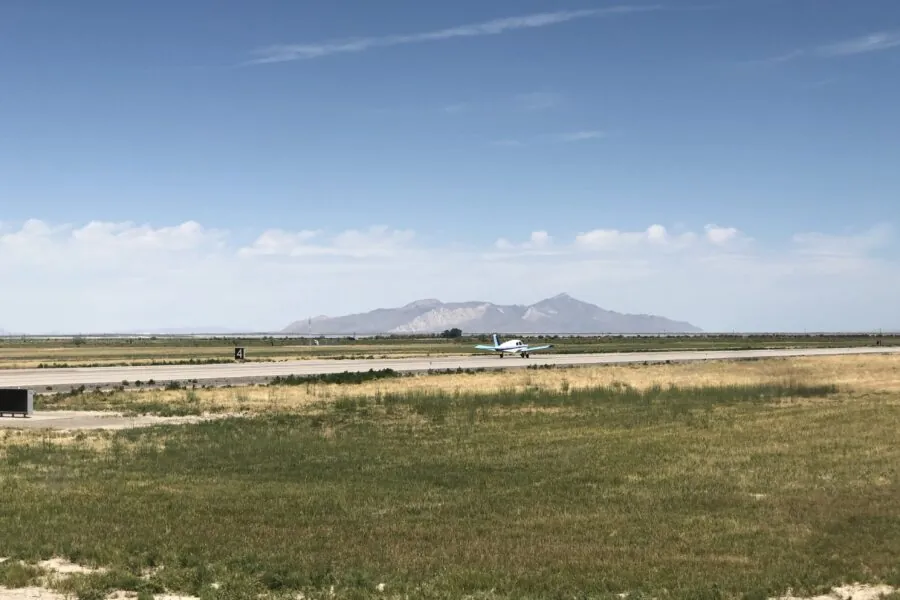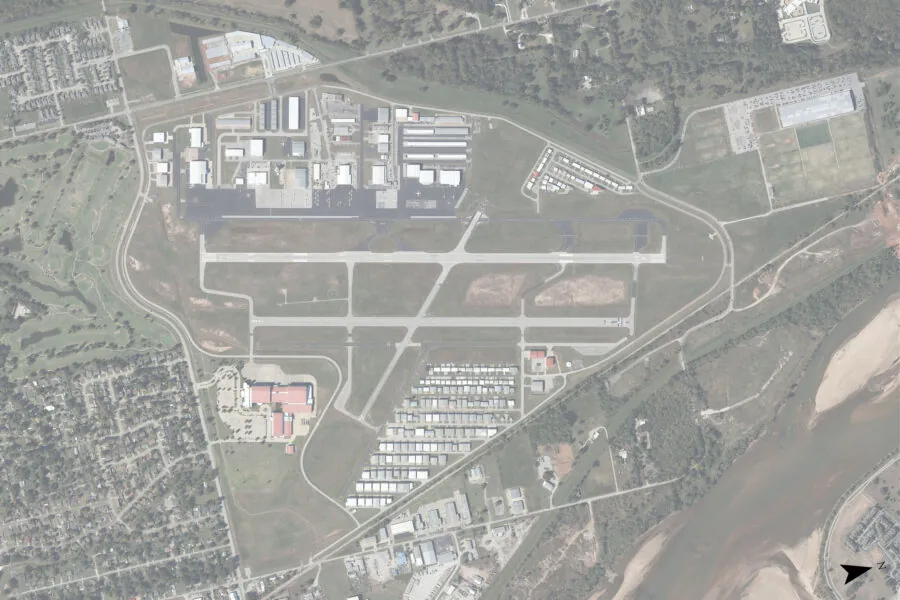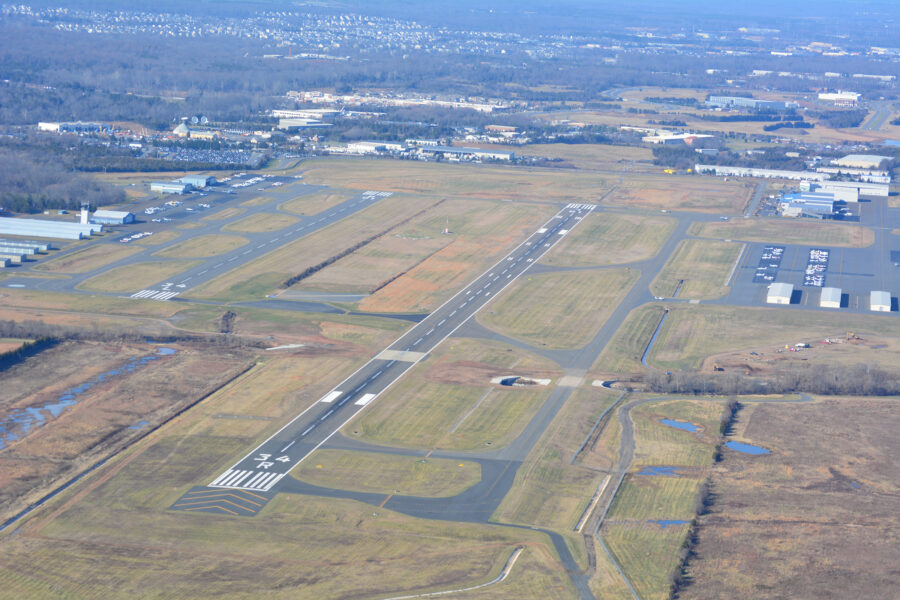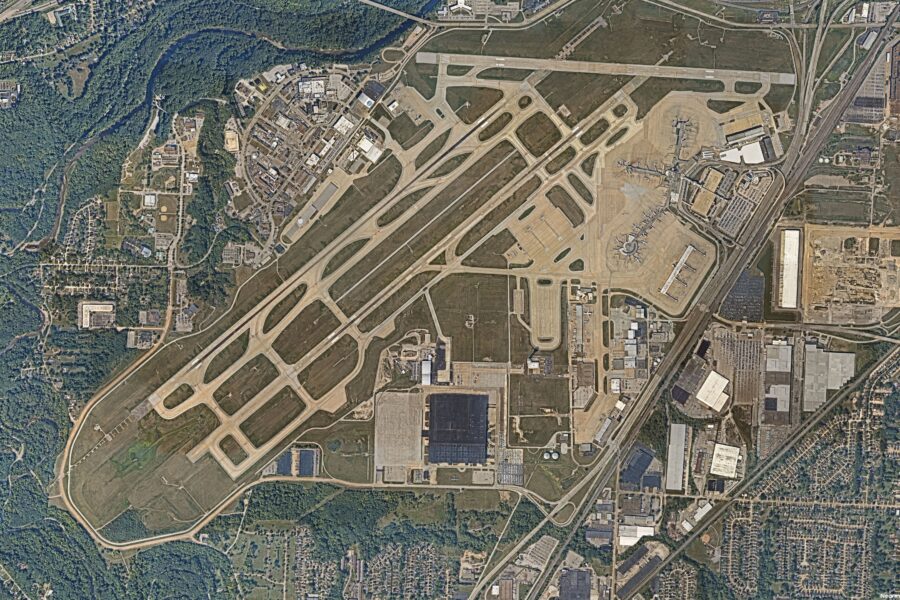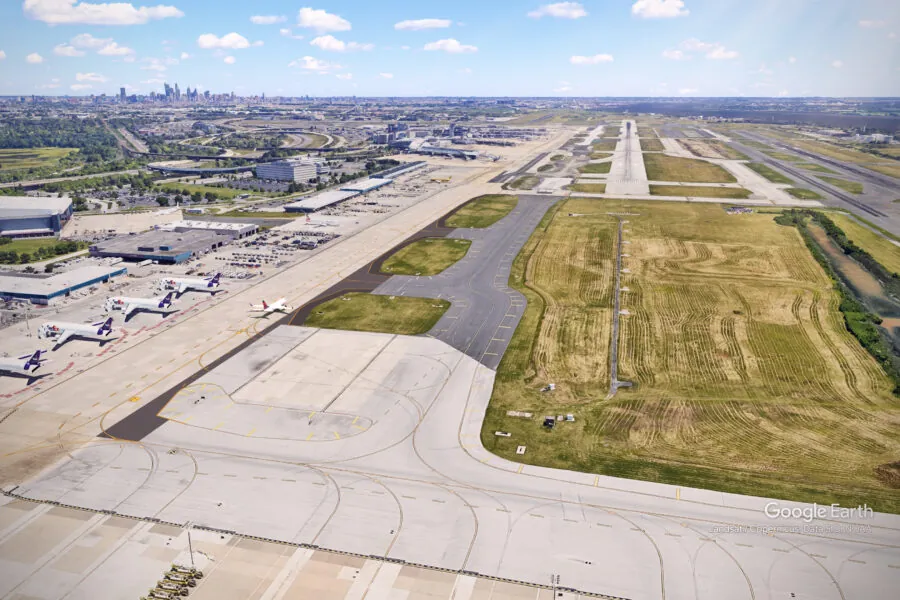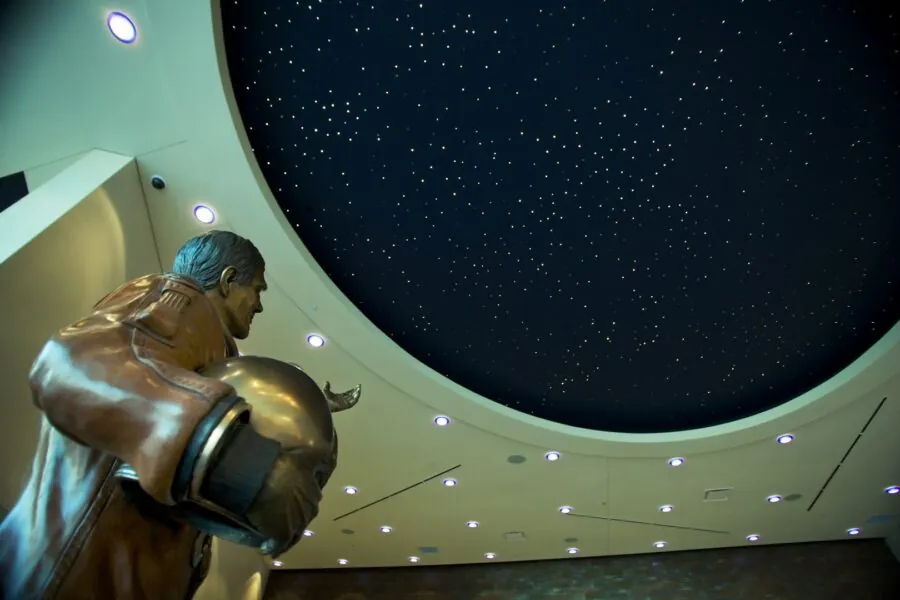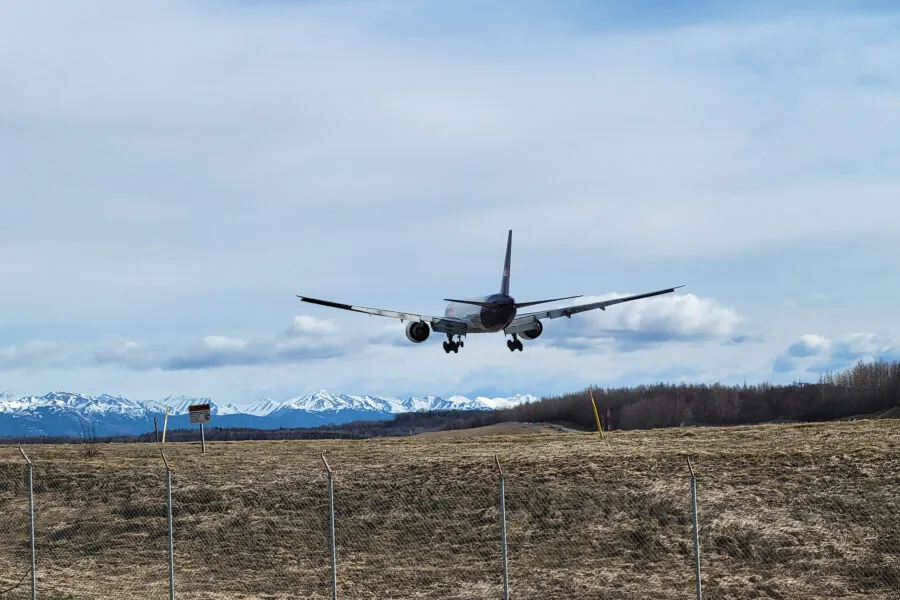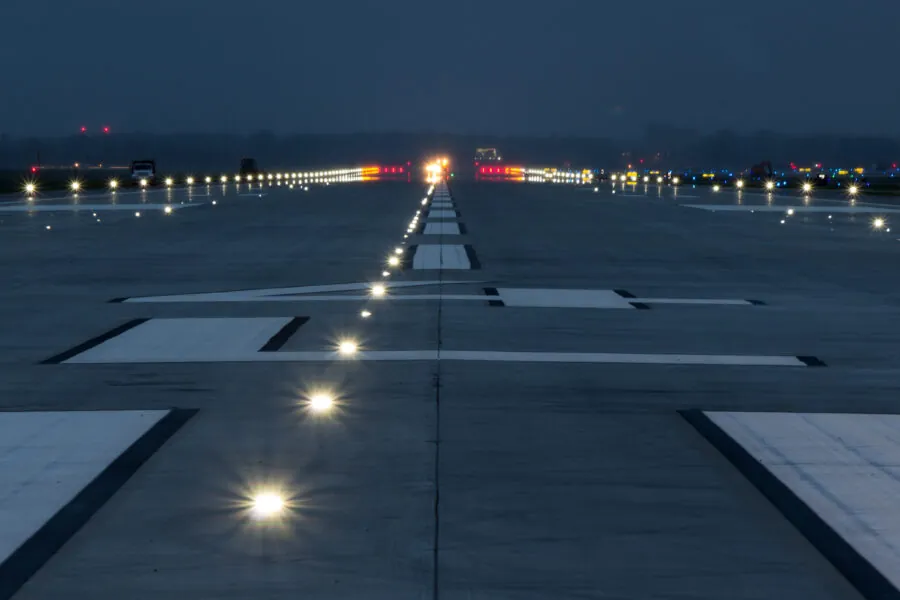Projects
Together, RS&H and DRBA are transforming regional aviation, creating a stronger foundation for economic growth and seamless travel experiences across Delaware and beyond.
As the prime consultant and engineer of record, RS&H designed this critical extension, which adds approximately 2,300 feet of a new 75-foot-wide taxiway with 30-foot shoulders, resulting in dual parallel taxiways on the north airfield.
Partnering closely with Los Angeles World Airports (LAWA), we embarked on the critical task of reconstructing Taxilane C at Los Angeles International Airport (LAX), one of the busiest and most constrained airports in the world.
RS&H is an integral partner in the Journey with AUS program, as the lead engineering firm for the Midfield Taxiways project, providing project management, preliminary engineering, design, construction administration, and FAA Resident Project Representative (RPR) for the Airport Expansion & Development Program (AEDP).
RS&H completed the latest Master Plan for Tooele Valley Airport (TVY), showcasing our Planning Service group's expertise and commitment to creative and strategic development solutions.
RS&H offered diverse services for the Tulsa Riverside Airport Master Plan Update, aligning with the client's objectives and addressing pivotal challenges.
As the Planning Consultant for the Manassas Regional Airport Master Plan Update, RS&H displayed our expertise and professionalism in addressing complex challenges.
When the pandemic hit, RS&H quickly shifted to virtual meetings, including a full virtual public meeting space with multiple presentations and information stations.
RS&H performed design and bid phase services to reconstruct Taxiway J from Taxiway Z to Taxiway Y and connect Taxiways K7, K8, and their associated safety areas.
RS&H conducted a comprehensive master plan for AMA to evaluate its current and future capacity to meet aviation demand. The result was a comprehensive framework that guides the airport's growth, considering environmental considerations, public outreach, financial planning, and regulatory measures.
The project strategically tackled challenges such as increased flights and larger aircraft, including Group IV widebody aircraft. The plan encompassed issues like aircraft parking, gate allocation, and capacity of the airfield and terminal.
The RS&H-designed Detroit Metropolitan Airport’s Runway and Associated Taxiways Reconstruction project earned Envision ‘Silver’ certification after being completed ahead of time, under budget, and diverting 99 percent of recyclable material from landfills.

